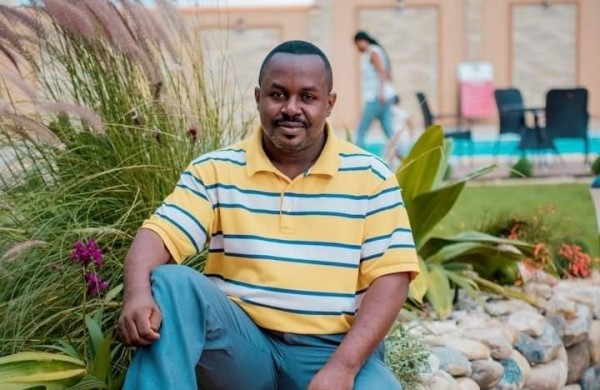IPI on Tuesday said that heavy prison sentences recently handed down to two Rwandan journalists demonstrated the need for legal reforms in Rwanda. A Rwandan court on 4 February sentenced one journalist to 17 years in prison for defaming senior officials, and another to seven years, for inciting unrest.
IPI is concerned that, in the absence of clear evidence of the act of criminal incitement to violence, such judgments can fuel self-censorship and may threaten freedom of the media.
The editor of the Umurabyo monthly, Agnes Uwimana Nkusi, was sentenced to 17 years in prison on charges of defaming officials, and causing division by trying to deny the 1994 Rwandan genocide. A reporter working for the same publication, Saidath Mukakibibi, was convicted of inciting civil disobedience, and sentenced to seven years in prison.
Prosecutors had sought prison terms of 33 years for Nkusi and 12 years for Mukakibibi. The two journalists were arrested in July and tried over articles last year that criticised the local courts trying genocide suspects, as well as land reforms instituted by the authorities.
Nkusi allegedly wrote that the gacaca (local courts trying genocide suspects) handed out unjust punishments, with the court adding that Nkusi also tried to portray Rwanda as a country in which people live in terror and from which people should leave.
The sentencing comes a month after Western countries on the UN Human Rights council expressed concerns regarding freedom of the media in the country. President Paul Kagame’s regime has often been criticised for its actions by organizations working to ensure a free media.

